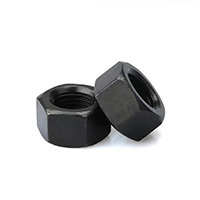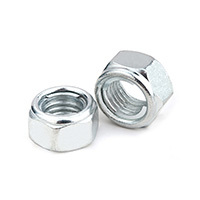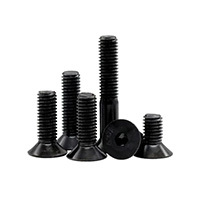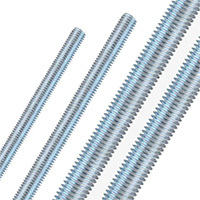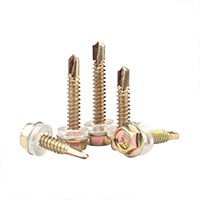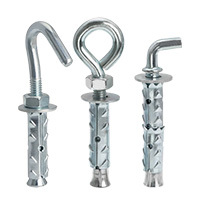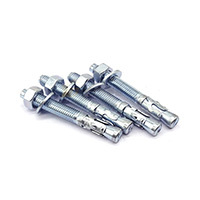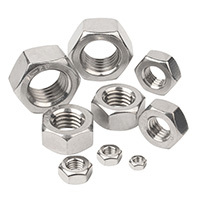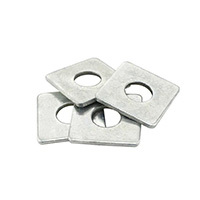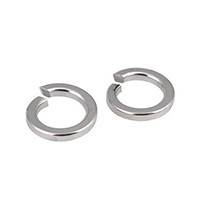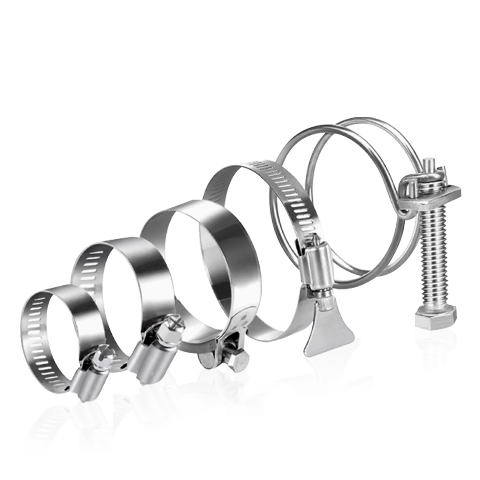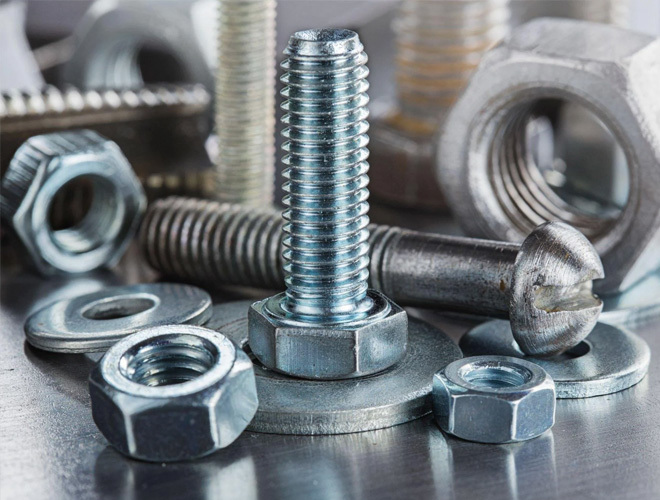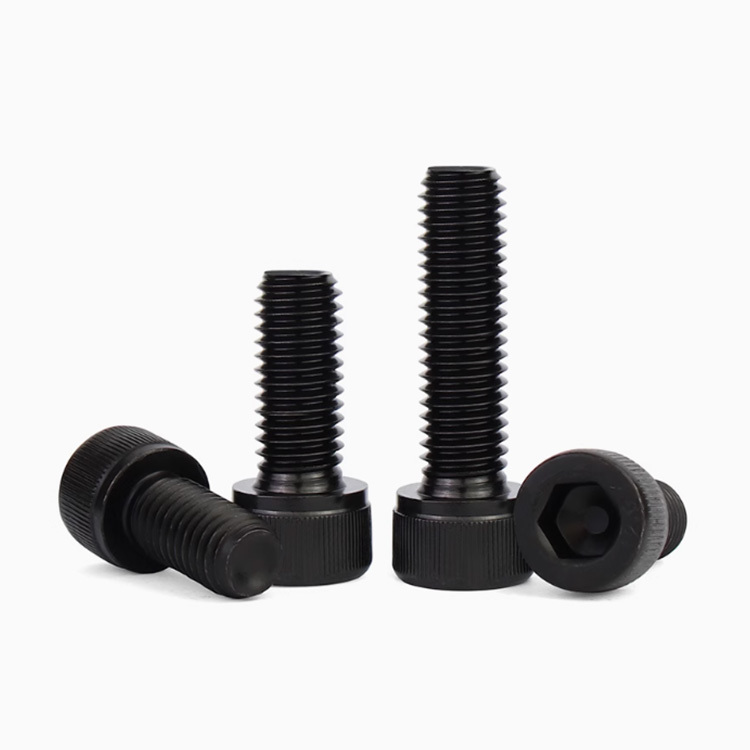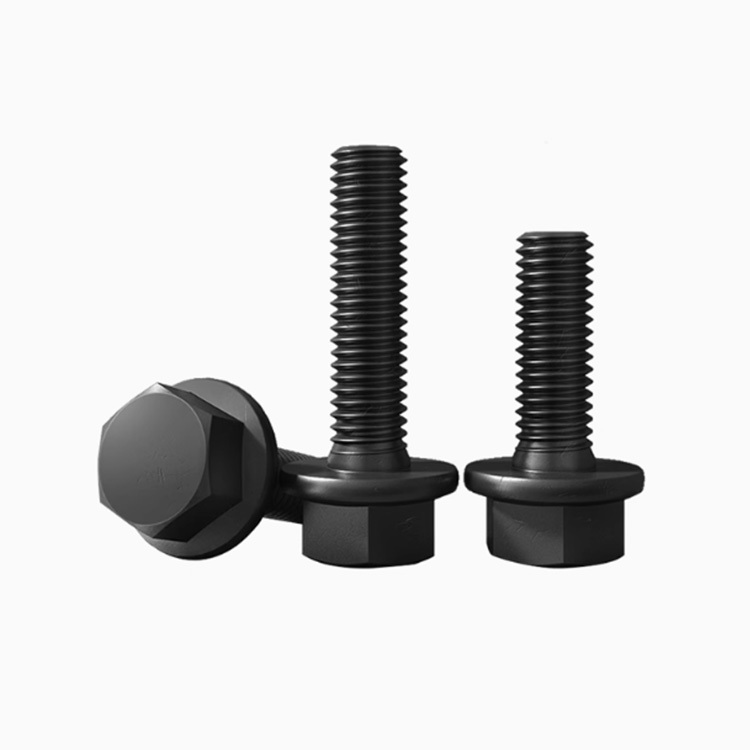The Essential Guide to High Temperature Fasteners: Ensuring Reliability in Extreme Conditions
Apr 07,2025

High temperature fasteners are specialized components designed to withstand elevated temperatures while providing reliable connections in various industrial applications. Traditional fastening solutions may fail when exposed to extreme heat, leading to equipment malfunctions, safety hazards, and costly downtime. This is where high temperature fasteners come into play, offering enhanced durability and performance in challenging environments.
One of the primary considerations in selecting high temperature fasteners is the material from which they are made. Common materials include stainless steel, titanium, and high-alloy steels, each selected for their ability to retain strength and resist oxidation at elevated temperatures. For instance, stainless steel fasteners are known for their corrosion resistance, making them suitable for applications in industries ranging from aerospace to petrochemicals, where exposure to harsh conditions is common.
The design of high temperature fasteners also plays a crucial role in their performance. Features such as larger diameter threads and specialized coatings can improve their load-bearing capacity and thermal stability. These design elements help ensure that fasteners maintain their grip and do not loosen over time, even when subjected to thermal cycling or mechanical stress.
High temperature fasteners are widely used in various applications, including power generation, aerospace engineering, and automotive manufacturing. In power plants, for instance, they secure components in boilers and turbines, ensuring safe operation under extreme thermal conditions. Similarly, in aerospace applications, these fasteners are essential for maintaining the structural integrity of aircraft, where temperature fluctuations can be significant during flight.
In addition to their applications, it's important to consider the installation and maintenance of high temperature fasteners. Proper torque specifications and installation techniques are essential to ensure optimal performance. Regular inspections can help identify wear or degradation, preventing potential failures before they occur.
Overall, high temperature fasteners are an indispensable part of modern industrial systems. Their ability to perform reliably in extreme conditions makes them essential for maintaining operational efficiency and safety. When selecting fasteners for high-temperature applications, it's crucial to assess the specific requirements of your environment and choose materials and designs that will provide the necessary strength and durability.
In conclusion, understanding the properties and applications of high temperature fasteners is vital for anyone involved in the industrial sector. By investing in high-quality fasteners, businesses can enhance the performance and longevity of their equipment, ultimately leading to increased productivity and reduced maintenance costs.
One of the primary considerations in selecting high temperature fasteners is the material from which they are made. Common materials include stainless steel, titanium, and high-alloy steels, each selected for their ability to retain strength and resist oxidation at elevated temperatures. For instance, stainless steel fasteners are known for their corrosion resistance, making them suitable for applications in industries ranging from aerospace to petrochemicals, where exposure to harsh conditions is common.
The design of high temperature fasteners also plays a crucial role in their performance. Features such as larger diameter threads and specialized coatings can improve their load-bearing capacity and thermal stability. These design elements help ensure that fasteners maintain their grip and do not loosen over time, even when subjected to thermal cycling or mechanical stress.
High temperature fasteners are widely used in various applications, including power generation, aerospace engineering, and automotive manufacturing. In power plants, for instance, they secure components in boilers and turbines, ensuring safe operation under extreme thermal conditions. Similarly, in aerospace applications, these fasteners are essential for maintaining the structural integrity of aircraft, where temperature fluctuations can be significant during flight.
In addition to their applications, it's important to consider the installation and maintenance of high temperature fasteners. Proper torque specifications and installation techniques are essential to ensure optimal performance. Regular inspections can help identify wear or degradation, preventing potential failures before they occur.
Overall, high temperature fasteners are an indispensable part of modern industrial systems. Their ability to perform reliably in extreme conditions makes them essential for maintaining operational efficiency and safety. When selecting fasteners for high-temperature applications, it's crucial to assess the specific requirements of your environment and choose materials and designs that will provide the necessary strength and durability.
In conclusion, understanding the properties and applications of high temperature fasteners is vital for anyone involved in the industrial sector. By investing in high-quality fasteners, businesses can enhance the performance and longevity of their equipment, ultimately leading to increased productivity and reduced maintenance costs.
Hot Tags:
PREVIOUS:
Contact
E-mail:
Phone:
Address:
Yongnian Southwest Development Zone, Handan City, Hebei Province
PRODUCT SEARCH
Search And Quickly Find The Products You Need
The company has a modern production workshop and a professional technical team. It has introduced advanced automated production equipment from home and abroad, strictly controls every production link, is customer-centric, and is committed to providing customers with high-quality products and services.
Continue Search OR Customize Products



